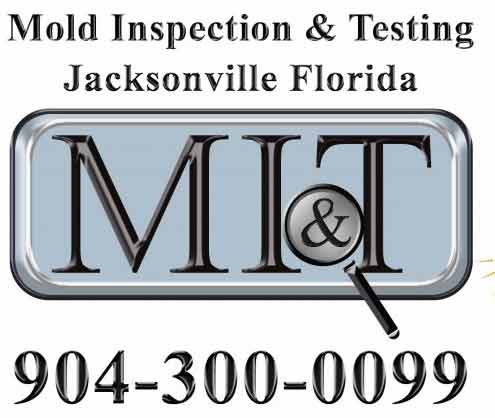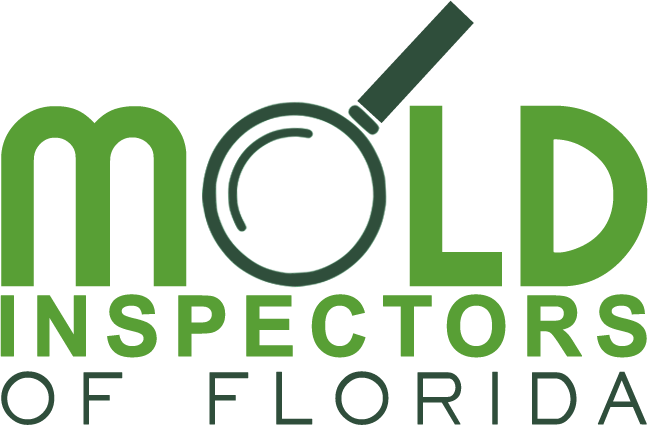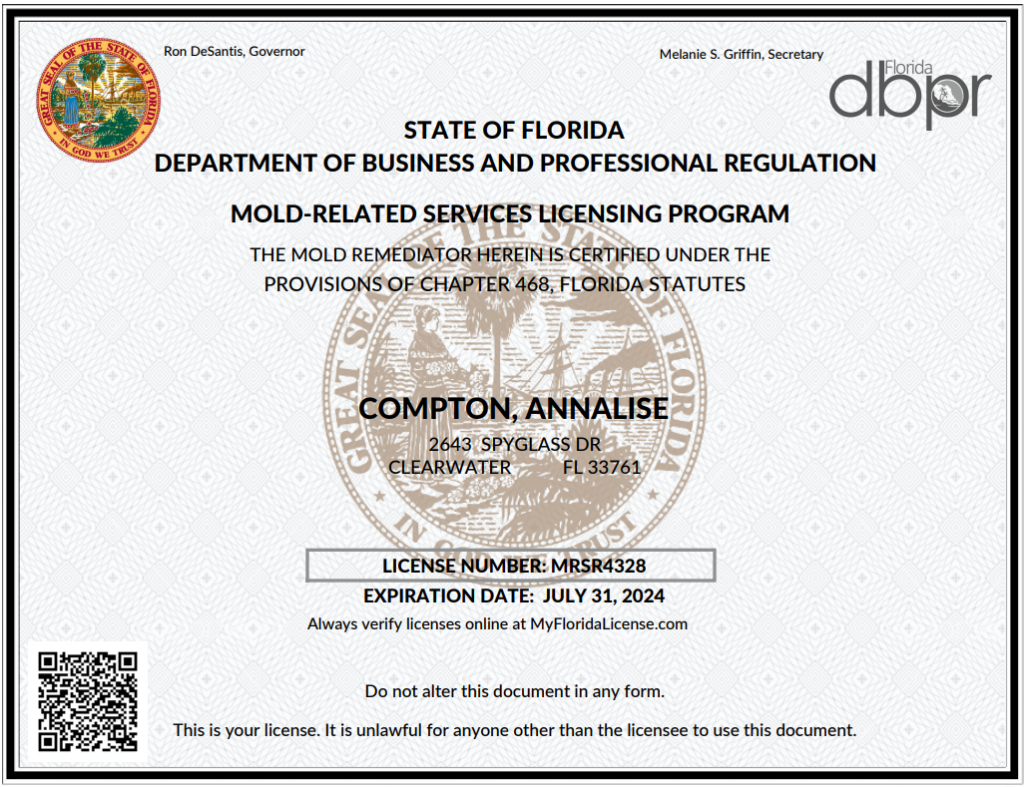Are you worried about the presence of mold in your home or workplace? Look no further than Mold Inspection Florida. With our team of experienced professionals, we provide comprehensive mold inspection services across the state of Florida. From residential properties to commercial buildings, we are equipped to identify any potential mold issues and offer effective solutions. Don’t let mold become a health hazard – contact Mold Inspection Florida today for a thorough assessment and peace of mind.

Understanding Mold
What Is Mold?
Mold is a type of fungi that can grow indoors and outdoors. It reproduces by releasing spores into the air, which can easily spread and cause mold growth in different areas of your home or property. Mold thrives in damp and humid environments, and it can grow on a variety of surfaces, including walls, ceilings, carpets, and furniture.
The Dangers of Mold
While mold may seem harmless, it can pose several risks to your health and property. Mold can trigger allergic reactions, respiratory problems, and even exacerbate existing conditions such as asthma. Prolonged exposure to mold can lead to more serious health issues. Additionally, mold can cause structural damage to your property, leading to costly repairs and compromises in its integrity.
Common Types of Mold
There are several common types of mold that you may encounter in your home or property. These include:
-
Cladosporium: This type of mold is typically black or green in color and can be found both indoors and outdoors. It often grows on fabrics, carpets, and wooden surfaces.
-
Aspergillus: Aspergillus is a common indoor mold that can vary in color from white to green or even black. It can produce mycotoxins that can be harmful to humans and pets.
-
Stachybotrys chartarum: Also known as black mold, this type of mold is dark green or black in color. It is often found in areas with excessive moisture, such as bathrooms, basements, and kitchens.
Importance of Mold Inspection
Detecting Mold Infestations
One of the main reasons why mold inspection is crucial is to detect mold infestations early on. Mold can often grow in hidden areas, such as behind walls or under carpets, making it difficult to spot with the naked eye. A professional mold inspection can identify the presence of mold and determine the extent of the infestation.
Preventing Health Issues
Mold can have a significant impact on your health, especially if you have underlying respiratory conditions or allergies. By getting a mold inspection, you can identify potential health hazards and take appropriate measures to mitigate the risks. Early detection and remediation can help prevent the development of more severe health issues.
Avoiding Property Damage
Mold growth can cause extensive damage to your property if left unattended. It can weaken the structural integrity of your home or property and compromise its value. A mold inspection can help identify the source of moisture that allows mold to thrive, allowing you to take prompt action to prevent further property damage.
When to Get a Mold Inspection
Selling or Buying Property
If you are planning to sell or buy a property, a mold inspection is highly recommended. It provides peace of mind for both the seller and the buyer. For sellers, knowing the condition of the property in terms of mold can help prevent any surprises during the selling process. For buyers, a mold inspection ensures that they are making an informed decision and can negotiate repairs or remediation if necessary.
Experiencing Water Damage
Water damage is one of the leading causes of mold growth. Whether it’s from a burst pipe, leaking roof, or flooding, any significant water damage should warrant a mold inspection. Even seemingly minor water leaks can lead to mold growth if not properly addressed. Getting a mold inspection after experiencing water damage can help prevent any potential mold infestations from taking hold.
Detecting Musty Odors
If you notice a persistent musty odor in your home or property, it could be a sign of mold growth. Musty odors are often a result of mold spores releasing volatile organic compounds (VOCs). While you may not see any visible signs of mold, a professional mold inspection can identify the source of the odor and determine if mold is present.
Factors to Consider when Choosing a Mold Inspection Company
Certifications and Accreditation
When selecting a mold inspection company, it’s essential to consider their certifications and accreditation. Look for companies that have certified mold inspectors who have undergone extensive training and have the necessary qualifications to perform mold inspections. Additionally, check if the company holds any industry accreditations, as this indicates their commitment to maintaining high standards of professionalism.
Experience and Expertise
Mold inspection is a specialized field that requires experience and expertise. Look for a company that has been in the industry for a significant amount of time and has a proven track record of successful mold inspections. Experienced inspectors will have the necessary knowledge to identify different types of mold and understand how they can impact your health and property.
Comprehensive Inspection Process
A reputable mold inspection company should have a comprehensive inspection process that covers all aspects of mold detection. This includes visual inspections, moisture and humidity assessments, and air and surface sampling. Ensure that the company you choose follows a thorough inspection protocol to ensure accurate and reliable results.

The Mold Inspection Process
Visual Inspection
During a mold inspection, the inspector will conduct a visual inspection of your property. They will thoroughly examine all areas, including walls, ceilings, floors, basements, attics, and crawl spaces. The inspector will look for visible signs of mold, such as discoloration, water stains, or mold growth. They will also check for any indications of water damage, such as leaks or condensation.
Moisture and Humidity Assessment
Moisture is a key factor in mold growth. The inspector will use specialized equipment to measure the humidity levels in different areas of your property. They will also check for any signs of hidden moisture, such as dampness or water intrusion. By assessing the moisture and humidity levels, the inspector can identify areas that are prone to mold growth.
Air and Surface Sampling
To determine the type and concentration of mold spores present in the air, the inspector may also conduct air sampling. This involves taking air samples from various areas of your property and sending them to a laboratory for analysis. Surface sampling, on the other hand, involves collecting samples from visible mold growth or suspected areas of mold contamination. These samples are also analyzed in a laboratory to provide more detailed information about the mold species present.
Professional Mold Inspection Techniques
Thermal Imaging
Thermal imaging is a non-invasive technique that uses infrared cameras to detect temperature variations in different areas of your property. It can help identify hidden moisture sources, such as leaks behind walls or under floors, which are conducive to mold growth. Thermal imaging allows inspectors to pinpoint potential problem areas that need further investigation.
Moisture Meters
Moisture meters are handheld devices used to measure the moisture content in various materials. Inspectors can use moisture meters to determine if there is excess moisture present in building materials, indicating a higher risk of mold growth. By identifying areas with elevated moisture levels, inspectors can recommend appropriate remediation measures to prevent mold infestations.
Hygrometers
Hygrometers are instruments used to measure humidity levels in the air. By monitoring relative humidity, inspectors can identify areas with high humidity, which can create a favorable environment for mold growth. Hygrometers are valuable tools in assessing the overall moisture conditions in your property and can help guide preventive measures to control humidity levels.

Understanding Mold Inspection Reports
Interpreting Results and Findings
Once the mold inspection is complete, the inspector will provide you with a detailed report of their findings. This report will outline the areas that were inspected, any visible mold growth or water damage observed, and the results of laboratory analysis if air or surface sampling was conducted. It is important to thoroughly review the report and ask any questions you may have to ensure a clear understanding of the results.
Recommended Remediation Steps
In addition to the findings, the mold inspection report will typically include recommendations for remediation. These recommendations will outline the steps necessary to address any mold issues that were identified during the inspection. This may include mold removal, repairing water damage, improving ventilation, or reducing moisture levels. The report will provide guidance on the most effective measures to mitigate the mold problem.
Preventive Measures
A mold inspection report may also include preventive measures to help you avoid future mold growth. These measures can include regular maintenance tasks, such as cleaning and drying areas prone to moisture, improving ventilation, or fixing any leaks or plumbing issues. Following these preventive measures can help maintain a mold-free environment and minimize the risk of recurring mold problems.
Cost of Mold Inspection in Florida
Factors Affecting the Cost
The cost of a mold inspection in Florida can vary depending on several factors. These factors may include the size of the property, the extent of the inspection required, the location, and the complexity of the mold issue. Additionally, the expertise and reputation of the mold inspection company may also influence the cost. It is advisable to obtain quotes from multiple companies and compare their services and pricing before making a decision.
Average Pricing in Different Areas
The average cost of a mold inspection in Florida can vary from region to region. In metropolitan areas such as Miami or Orlando, where the demand for mold inspection services is higher, the prices may be slightly more expensive compared to smaller towns or rural areas. It is important to consider the market rates in your specific area when budgeting for a mold inspection.
Value of Professional Inspection
While the cost of a mold inspection may seem like an additional expense, it is important to consider the value it brings. A professional mold inspection provides an accurate assessment of the mold situation in your property, enabling you to make informed decisions regarding remediation or preventive measures. Investing in a professional inspection can save you money in the long run by preventing extensive property damage and potential health issues.

Benefits of Hiring Professional Mold Inspectors
Expertise and Knowledge
Professional mold inspectors have the necessary expertise and knowledge to accurately assess mold situations. They are trained to identify different types of mold, determine the extent of infestations, and recommend the appropriate remediation procedures. Their expertise ensures that all potential sources of mold growth are thoroughly inspected, allowing for effective mold prevention and control.
Tools and Equipment
Professional mold inspectors have access to specialized tools and equipment that are essential for conducting a comprehensive inspection. Thermal imaging cameras, moisture meters, and hygrometers are just a few examples of the tools inspectors use to detect hidden moisture, temperature variations, and humidity levels. These tools enable them to identify potential problem areas that may otherwise go unnoticed.
Time and Cost Savings
Hiring a professional mold inspection company can save you valuable time and potentially costly mistakes. Inspectors can efficiently assess your property and provide accurate results in a timely manner. By identifying mold issues early on, you can address them promptly, preventing further damage and the need for more extensive remediation. Additionally, professional inspectors can offer guidance on preventive measures, allowing you to minimize the risk of future mold problems.
Preventing Mold Growth in Florida
Controlling Humidity Levels
Florida’s humid climate makes controlling humidity levels essential for mold prevention. Use dehumidifiers and air conditioners to keep indoor humidity below 60%. Ensure that bathrooms, kitchens, and laundry areas are properly ventilated to prevent moisture buildup. Fix any leaks or plumbing issues promptly to eliminate potential moisture sources.
Proper Ventilation and Airflow
Proper ventilation and airflow are crucial in preventing mold growth. Ensure that your property has adequate ventilation in areas prone to moisture, such as bathrooms and kitchens. Use exhaust fans or open windows to improve airflow and reduce humidity levels. Regularly clean and maintain air ducts, filters, and vents to ensure proper circulation of air.
Regular Maintenance
Regular maintenance is key to preventing mold growth. Keep your property clean and dry, paying close attention to areas that are susceptible to moisture, such as basements, attics, and crawl spaces. Clean and dry any spills or water damage immediately. Regularly inspect plumbing, roofs, and gutters for any leaks or damage that may contribute to moisture buildup.
In conclusion, understanding mold and its potential dangers is essential for maintaining a healthy and mold-free environment. Getting a mold inspection, particularly in Florida’s humid climate, can help detect mold infestations, prevent health issues, and avoid property damage. By choosing a reputable mold inspection company and following preventive measures, you can ensure the well-being of your home and protect yourself from the harmful effects of mold.
